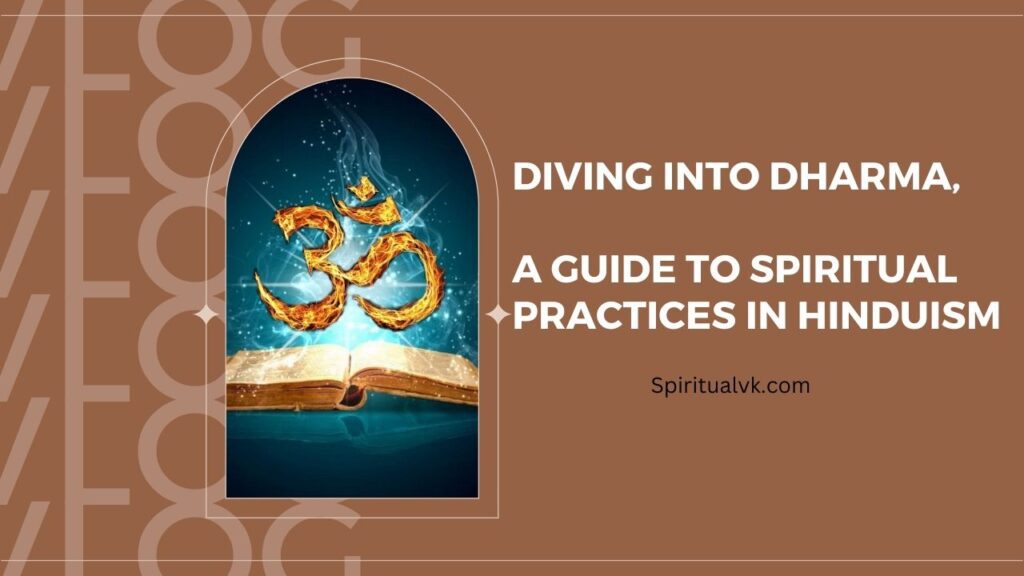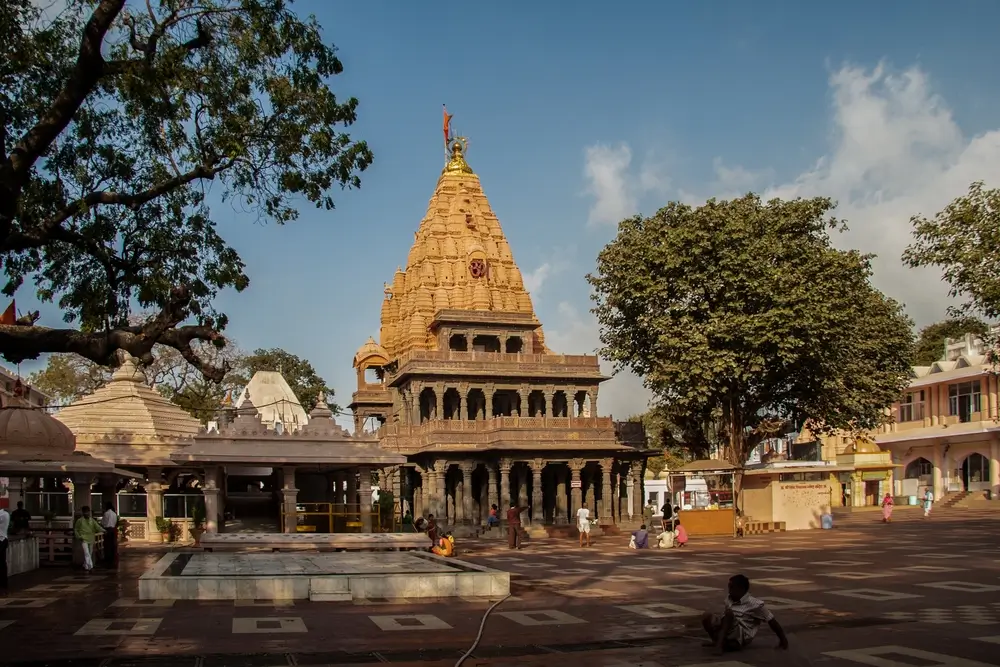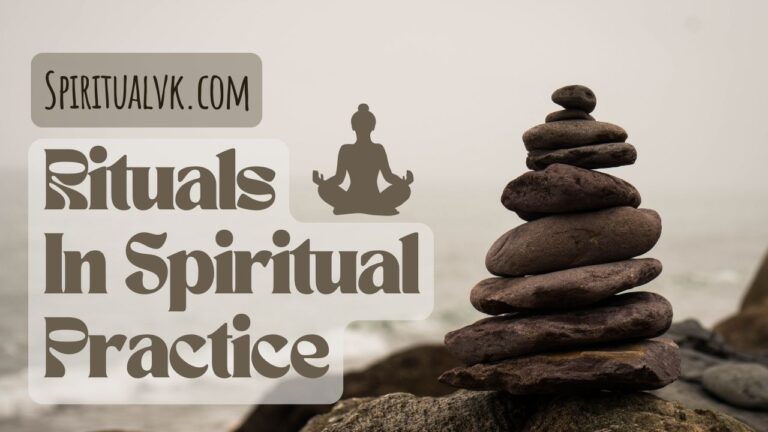Diving Into Dharma: A Guide to Spiritual Practices in Hinduism
Hinduism, one of the world’s oldest religions, is not just a faith but a way of life. Central to Hindu philosophy is the concept of Dharma, a multifaceted term encompassing duty, righteousness, moral law, and cosmic order. Dharma serves as a guiding principle for adherents, directing them toward a life of virtue, self-realization, and spiritual fulfillment. In this guide, we delve into the diverse spiritual practices within Hinduism, each designed to help individuals navigate the path of Dharma.

Understanding Dharma
Before delving into specific practices, it’s essential to grasp the concept of Dharma itself. Dharma is not a fixed set of rules but rather a dynamic principle that varies according to one’s stage of life (Ashrama) and social role (Varna).
It emphasizes the fulfillment of duties and responsibilities in a manner that upholds the cosmic order (Rita). The Bhagavad Gita, a revered Hindu scripture, elucidates the importance of performing one’s duties without attachment to outcomes, thereby transcending the cycle of karma.
Yoga: Union with the Divine
Yoga, derived from the Sanskrit word “yuj,” meaning to yoke or unite, is a spiritual discipline aimed at achieving union with the divine. While popularly known for its physical postures (asanas), yoga encompasses a holistic approach to spiritual practice.
The eightfold path of Yoga, as delineated by the sage Patanjali, includes ethical precepts (Yamas and Niyamas), physical postures (Asanas), breath control (Pranayama), withdrawal of the senses (Pratyahara), concentration (Dharana), meditation (Dhyana), and finally, union with the divine (Samadhi). Through disciplined practice, yogis seek to transcend the limitations of the ego and realize their inherent divinity.
Bhakti: Devotion to the Divine
Bhakti, or devotional worship, is a prominent spiritual practice within Hinduism. It involves cultivating a deep and loving relationship with the divine through prayers, rituals, and devotional songs (bhajans).
Bhakti transcends sectarian boundaries, as devotees express their love for various deities such as Vishnu, Shiva, Devi, and others. The Bhagavad Gita extols the path of devotion, affirming that sincere devotion can lead one to realize the Supreme Being. Bhakti is not merely a religious sentiment but a profound expression of love, surrender, and service to the divine.
Jnana: Pursuit of Knowledge
Jnana, or spiritual knowledge, is another vital aspect of Hindu spiritual practice. It involves the systematic inquiry into the nature of reality, the self, and the ultimate truth (Brahman). Jnana yoga, often referred to as the path of wisdom, emphasizes introspection, self-inquiry, and scriptural study (svadhyaya). Adherents of this path seek to discern the distinction between the transient world of phenomena (Maya) and the eternal essence (Atman). Through the cultivation of discernment (Viveka) and renunciation (Vairagya), seekers aim to transcend the illusions of the mind and realize their innate divinity.
Karma: Action and Consequence
Karma, the law of cause and effect, plays a pivotal role in Hindu philosophy. According to this doctrine, every action (karma) generates a corresponding result (phala) that binds the individual to the cycle of birth and death (samsara). Through the practice of Karma yoga, individuals learn to perform selfless actions without attachment to the fruits of their labor.
By dedicating their efforts to the welfare of others and the service of the divine, practitioners purify their minds and accumulate positive karma. The Bhagavad Gita elucidates the importance of righteous action, emphasizing the role of duty and responsibility in the spiritual journey.
Seva: Selfless Service:
Seva, or selfless service, is an integral part of Hindu spiritual practice. It involves performing acts of kindness, compassion, and charity without expecting anything in return.
Seva encompasses a broad range of activities, including feeding the hungry, caring for the sick, and serving the community. Through selfless service, individuals cultivate humility, empathy, and spiritual growth.
Seva is not limited to any specific religious context but is considered a universal principle that transcends barriers of caste, creed, and nationality.

Pilgrimage: Journey to Sacred Sites:
Pilgrimage holds a special place in Hindu tradition, with numerous sacred sites scattered across the Indian subcontinent. From the banks of the Ganges River in Varanasi to the snow-capped peaks of the Himalayas, pilgrims embark on journeys to seek spiritual purification and divine blessings.
Each pilgrimage site is associated with mythological legends and historical significance, offering devotees an opportunity for introspection, prayer, and devotion. Pilgrimage is not merely a physical journey but a symbolic quest for spiritual transformation and enlightenment.
Conclusion:
Hinduism, with its rich tapestry of spiritual practices, offers a myriad of paths for seekers to explore and experience the divine. Whether through yoga, bhakti, jnana, karma, seva, or pilgrimage, adherents strive to live in harmony with the principles of Dharma.
By cultivating virtues such as love, compassion, wisdom, and selflessness, individuals embark on a transformative journey towards self-realization and spiritual fulfillment. In the words of the ancient sages, “Ekam Sat Vipra Bahudha Vadanti” – Truth is one, but the wise speak of it in many ways. Thus, may we embrace the diversity of spiritual practices within Hinduism and embark on the timeless quest for truth and liberation.



